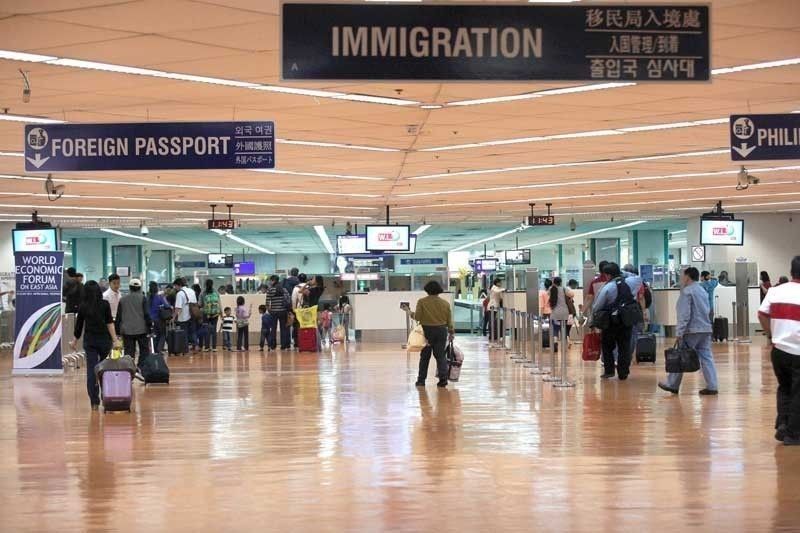Influx of Filipino migrant workers coming home tapers

MANILA, Philippines — Fewer migrant workers are getting repatriated home from their host countries this year, a sign the slow global economic turnaround is allowing Filipinos to keep their jobs abroad.
“There was a significant reduction for people asking for repatriation since January 2021, even as early as December,” Foreign Affairs Undersecretary Sarah Arriola told a Senate hearing on Thursday, without citing figures.
Apart from potentially benefitting from lockdowns getting eased, Arriola said policy changes allowed overseas Filipino workers (OFWs) to stay longer in their host nations, citing in particular Saudi Arabia’s decision to remove the need for employer permission when changing jobs.
Saudi Arabia is one of the popular destinations of OFWs in the Middle East, which collectively accounted for 57% of OFWs deployed in 2017, the latest period on which data is publicly available.
More broadly however, a slowdown in OFW repatriates resolves many things on the Philippines’ pandemic response, even theoretically. The biggest of which is astounding costs related to bringing thousands of Filipinos home. The Overseas Workers’ Welfare Administration (OWWA) is bleeding money for flight and hotel accommodation of up to 9 days just to ensure OFWs were not infected by the deadly virus when coming home.
There is currently P6.2 billion remaining in funds used for this purpose, but OWWA administrator Hans Cacdac said that “we can now safely predict that (it) will be depleted” come June on an estimate of 2,000 OFWs coming home everyday.
So far, P7.6 billion had been shelled out by government to take care of its returning workers.
Remittances boost
But on a wider scale, a halt in repatriation signals remittances, the Philippines’ top dollar source, may be approaching its bottom in terms of decline. In January, central bank data showed cash remittances went down 1.7% to a 3-month low, starting the year when they are forecast to rise 4% on a weak note.
Jeremaiah Opiniano, executive director of the Institute for Migration and Development Issues, a think tank, said OFWs opting to stay put abroad despite hardships is part of their altruistic nature to ensure families here are supported no matter what.
“What matters is that the money is wired safely--and that their returning loved ones are healthy and safe,” Opiniano said in an online exchange.
As a result, OFWs would most likely choose to wait out any crisis away from family if that means ensuring they are financially secured.
“Similar to the 2008-09 global economic crisis (of which we were mobile still), international migrants thought that by staying put abroad, they can patiently wait for other economic opportunities when restrictions get eased and work and businesses resume. So they endure and wait,” Opiniano explained.
As of March 16, 390,917 overseas Filipinos, working abroad or not, had come home from over 90 countries and 150 ships after getting displaced by the pandemic, foreign affairs department data showed.
- Latest
- Trending
































